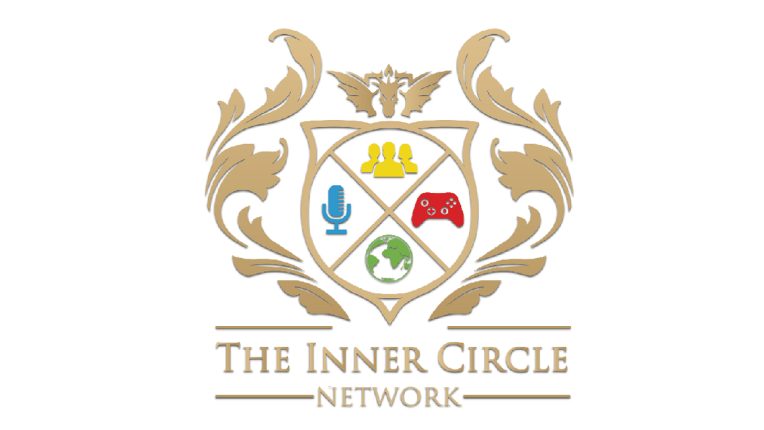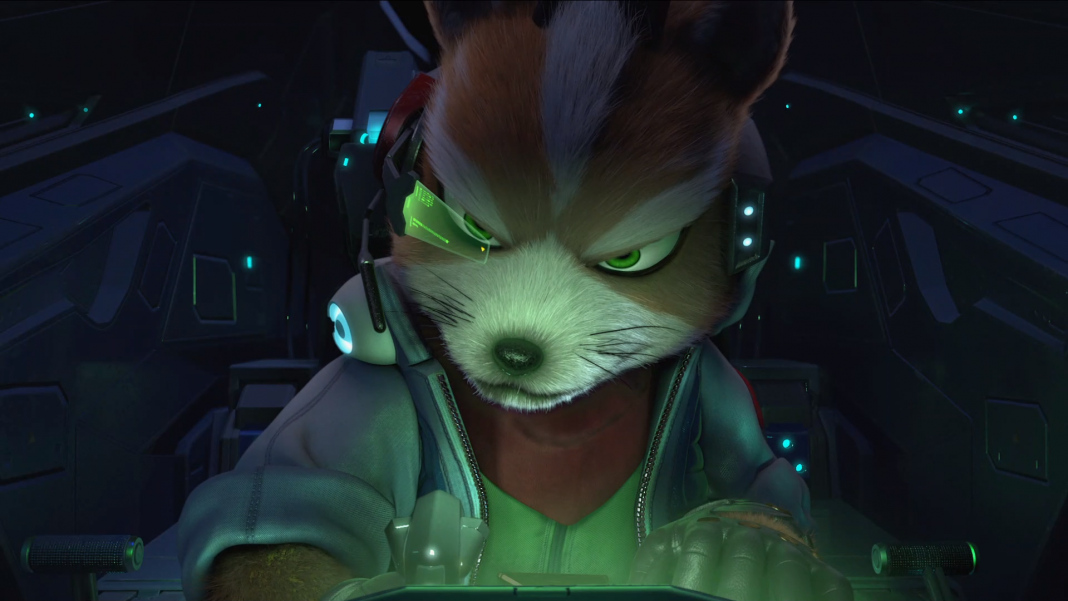Recently, I’ve been playing Starlink: Battle for Atlas on my Nintendo Switch. It’s a fine game; think of a more combat-focused No Man’s Sky and you basically have the gist. The best part of the game in my opinion is how expertly and deeply Ubisoft integrates the Star Fox IP into the experience. You can play the entire game as Fox McCloud in his trusty Arwing if you so choose. When I found this out, my nostalgia was immediately piqued. In fact, I would not have given this game a second look if not for the Star Fox tie-in.
Ubisoft knew exactly what they were doing with the Switch version of Starlink. By weaving such a beloved IP so deeply into the experience, they appeal to gamers on a nostalgic level. Why is this technique so effective, and are there any disadvantages to game publishers and developers relying on nostalgia?
A 2017 article by MarketingWit details some of the reasons why nostalgia works. Nostalgia gives publishers and developers the ability to expand the potential market for a given title by connecting with gamers on an emotional level. Nostalgia evokes feelings of happiness and sentimentality. The article also states that, “As we grow old, our need to reconnect with the past youthful life increases, and when any ad campaign reminds us of any product that was popular during those times, it immediately impacts our minds as consumers, and entices us to buy it.”
The above quote resonated with me. I remember vividly when Resident Evil 2 first launched in 1998. My father, my friend, and I drove over to Blockbuster Video to rent the game at around 8:00 pm. We stayed up all night and took turns finishing both Leon and Claire’s campaigns. We had an absolute blast. My father has been basically absent from my life since then, but I’ve always held onto this special memory. I am currently enjoying playing the remake, not only because it is excellent, but because it reminds me of one of the few good times that my father and I shared together.

Getting back to the example of Starlink, gamers such as myself that may not have considered a purchase could be enticed into buying due to the inclusion of familiar characters and other elements from a favorite gaming series. Now 33 years old, I fondly remember playing Star Fox on my SNES as a child. I’ll never forget the Nintendo Power VHS tape that I got in the mail hyping up Star Fox 64. The same goes for all the times I replayed that game in an effort to uncover new paths through the story to different planets. In the case of Starlink, Ubisoft was able to entice me to buy their game by using these characters to channel happy memories from my childhood.
Nostalgia is the whole reason why the NES and SNES Classic mini consoles were selling out of stores for months after they launched. Heck, it’s basically the reason why we continue to buy Nintendo products in general. Need more proof that nostalgia can be an effective tool? Check out the success of that Resident Evil 2 remake.
Contrarily, there are some disadvantages to this approach as I see it, mostly related to an over-reliance on nostalgia. With the exception of the Wii U titles, we have seen this happen with Nintendo’s New Super Mario Bros. series. Loaded with callbacks to the 8- and 16-bit era Mario games, these games seem more concerned with referencing past memories than creating new ones.
A desire to appeal to gamers on a nostalgic level can also cause developers and publishers to take fewer risks when it comes to investing in new IPs. Why funnel resources into the development of an unknown commodity when you can go with a known IP that is a guaranteed sales success? We saw this happen when Respawn, the developers of Titanfall, tried and (from a commercial standpoint) failed twice to take on the juggernaut that is Call of Duty in the online competitive FPS space.

The key is to ensure that nostalgic elements are not integrated into games at the expense of creativity and new ideas. Starlink manages to pull this off rather well. Perhaps an even better example would be the recently-released Resident Evil 2 remake, which masterfully blends the setting and characters from the 1998 original with modern gameplay mechanics and gorgeous visuals. It will be interesting to see how the gaming industry embraces this concept over the years.
What are your views on nostalgia in gaming? Let us know in the comments!




